Animation is cinema. Animation is not a genre - Guillermo del Toro.
Hello fellow over-thinkers!! I hope all is well this festive season and you’re enjoying your annual Muppet Christmas Carol rewatches! Today’s essay is a personal rambling, a bone to pick if you will.
Existing as a Letterboxd user in this current state of the film industry - it’s been a pretty rough couple of years. While Hollywood has been fighting various battles against AI or record low cinema attendance rates, no industry has struggled more so than animation. By no means is it a lost art form, but in the sea of over saturation and streaming services, animated films and programs are struggling to fight against a strong current.
From stop motion productions like Guillermo del Toro's Pinocchio and Fantastic Mr Fox, 2D like Princess Mononoke, or 3D computer generated (CGI) like Finding Nemo and Across the Spiderverse - animation is varied and assumes many forms, and deserves not only to be protected, but it requires our respect.
If you couldn’t tell, this is me nerding out for an entire essay. Apologies in advance x
We’re insatiable, is AI is only the solution?
Absolutely not. But companies seem to think so.
Spotify has stated their mission “is to unlock the potential of human creativity by giving a million creative artists the opportunity to live off their art and billions of fans the opportunity to enjoy and be inspired by it.”
Spotify values human creativity.
Hmm. Okay sure.
Most people had been anxiously waiting for the release of this years Spotify Wrapped, yet once it was released, most were left disappointed, saying its content was malnourished in comparison to previous years. Considering our insatiability for these meaningless statistics (only to be put on our Instagram stories so people know how not like ‘other girls’ we are), is it that shocking to realise that it was made with AI? I wouldn’t be surprised had ‘Wagon Wheel Watuzi’ was used to describe my September listening (it was actually Pink Pilates Princess Catwalk Pop).
Last December, within one week Spotify fired over 1500 employees (17% of their total workforce) in favour of utilising AI across the platform (DJ, personalised playlists, audiobook translations, etc.). The Hollywood Reporter found that by 2027, “nearly 204,000 positions will be adversely affected [by AI]”, with sound engineers, VFX workers, and voice workers being particularly vulnerable. Now every site or product we encounter implements a ‘brand new’ and ‘revolutionary’ AI program - none of which we’ve ever asked for or needed.
These also happened in the last year:
The Top Ten Grossing films of 2024 are all sequels.
James Cameron (Titanic) endorses and joins AI company, whilst Ridley Scott is beginning to embrace AI in film.
53,000 films and 85,000 TV episodes are being used to train AI (and the creators of said shows (mostly) had no idea)
It’s f*cking depressing, isn’t it?
Collectively, we want escapism in any form we can get it - so why don’t we embrace animation and film instead of demanding everything all at once? The pressure for our instant gratification ends in the justification made by these corporations to implement AI; with it, they can make larger quantities of content, and as a result, they make us more satisfied consumers. However, since all content made by AI is undeniably ugly and the biggest waste of resources imaginable, this is a pretty weak argument, and yet again, we end up complaining about something. AI should get a real job, like detecting cancer, and stop writing half-assed screenplays and university essays.
Animation has been around for centuries, whether that is in simple illustrations or in full length feature films, as a way to communicate human stories and emotions to one another. With the earliest surviving animation dating back to 1908, it's just difficult to accept that some people would rather a computer attempt to convey generic human experiences rather than letting an actual person do so in a meaningful way. Perhaps it is because of the vacuum my algorithms have me trapped in, but I can’t grasp why there are people who don’t want to protect art, in favour of (pointless) convenience.

I don’t want to talk about AI any more than necessary, so with that, let’s talk about Disney / Pixar for a second.
Shouldn’t art be personal?
Throughout the pandemic, Pixar consecutively released three films, Soul, Luca, and Turning Red, all of which severely underperformed at the box office. Pete Docter’s (director of Up! & Soul, and CCO of Pixar) response for the shortfalls was that “[Pixar’s] movies should be less a pursuit of any director’s catharsis and instead speak to a commonality of experience”. Oh that’s not…
To me, nothing seems more like a ‘commonality of experience’ than generational trauma and the existential dread of our lives on and beyond earth. Perhaps it’s something to do with two of the three centring BIPOC protagonists that makes them easier to blame for financial failure than a global pandemic - this is alleged, really don’t want a lawsuit xx. The pandemic (and subsequent stay-at-home orders that minimised cinema viewership) has been used to rationalise why studios are writing away narratives that creatives put their heart and soul into - which now are packaged and shoved with no marketing into the deepest corners of their streaming services.
I think the reason I get so upset about this conversation is because a decade ago, I was a child who dreamt of nothing else but being a director. Making home movies on my iPad (including an incredible Twilight recreation) was how I spent my adolescence, and filmmaking was, and still is, the love of my life. The way I consume media is almost synonymous with breathing air; it is essential to who I am and truthfully, I cannot exist without it - but now it feels as though it’s being ripped away from me for the sake of nothing.
Film, television, music, paintings, sculptures, books, poems, substack essays, photographs - as John Keating said, these are what we stay alive for. Art influences politics and politics are influenced by art; creativity is as fundamental to our society as anything else, the fuel that keeps us moving forward with minds open to possibilities and hope. The best creations are from one’s experience, or at the very least, their emotions, and I don't get it when executives say this isn’t a product they can sell. If they allocated enough to properly market something, anything could be a slam dunk at the box office if their primary concern is breaking even - but for the greatest creatives, the box office means nothing.
Whether that is watching a film or writing one, it’s nothing short of a personal experience, and animation allows for so many emotions and themes to be consumed without the direct confrontation of reality. We have the freedom to express so much of ourselves through art, and what we have chosen to express is the same narratives that were entirely adequate (some (myself) would say perfect) to begin with, but now we recreate them with shockingly bad CGI. So what’s with this tsunami of live-action adaptations?
Live-action is making reality sadder.
I spoke with Elsie Shaw, long-time friend and go-to cinema date, about the current state of animation. For context, we initially bonded over our mutual love for The Book of Life (2014), and have since recently attended a Tuesday 7pm showing of Despicable Me 4 - we have matured, clearly.
In regards to animation, she argues that the Academy Awards and their single categorisation of the medium only ‘reinforces the false notion that animation is a lesser art form, suitable only for children or niche audiences, rather than a medium capable of storytelling on par with live-action cinema’.
By belittling and minimising animation to only a children’s medium, we collectively miss out on so many incredible productions because we’ve warped our perception of what animation can be. Despite this preconceived notion, animation doesn’t limit a film’s capacity to tell a though-provoking narrative; truthfully, most animated programs are able to develop world-building far beyond that of a live-action film. So why are we prescribing a shallowness to something with the greatest depths??
Last month, we got our first look at the new live-action How to Train Your Dragon, set to be released in June next year. I don’t have much to say besides… why? Why make a shot-for-shot recreation of one of the best animated features of the last century, especially when it looks so much worse??!
We all seem pretty fed up with reality at the moment. However, I didn’t realise how much, by our engagement with every single piece of live-action adapted media, we’re clinging to realism, just for the sake of nostalgia. Since millennials never seem to shut up about The Lion King (1994), I’d assume the original animated film would be enough for them - I was wrong. Despite being a panned recreation, the 2019 adaption was the highest grossing animated feature of all time. Do ya’ll just not have spines??? I thought we didn’t like nor want live-actions or sequels, and yet here we are - even Lilo & Stitch is a victim of this epidemic, and I fear we won’t come back from that.
I mean, with this year being summated in brat and our consumption of poverty inspired media and trends, it’s no shock that animated films without cigarettes and trauma fuelled British teens isn’t naturally on our pallets in 2024.
With that said, just because we haven’t all collectively paid attention to the animated medium doesn’t mean we haven’t contributed to the simultaneously the downfall of traditional animation consumption and the success of adult animation programs.
Most treat it like a child’s genre, when in reality, there is so much to explore within this realm. For example, I didn't think I would get emotional watching six seasons of an animated alcoholic horse or a video game adaptation, but I did. Even more than that, both Bojack Horseman and Arcane are considered some of the greatest shows of all time, not only in my household, but in history - and we have animation to thank for that.
While the themes and narratives of the show could be adapted into a real-life show with human actors, it wouldn’t be the same. Part of the reason I love Bojack so much is because of the absurdity of it, how the writers and animators were able to balance such a unique visual language with honest dialogue that together never made it felt less-human. Addiction, depression, racism, the #MeToo movement, gun violence, sexism - it’s already a feat for a non-animated program to make these strides, but Bojack Horseman proved more than capable when the series concluded in 2020. Both the human condition and political concepts are suited to co-exist with animation; it doesn’t make it any less real. It just has more free churros.
This prompts a different conversation about the overlap of politics and animation, because in spite of online discourse, every form of art is political. Dune: Part Two is clearly a political commentary, but Spirited Away and Winnie the Pooh are also political. Avatar: The Last Airbender is AVIDLY political, whilst being something primarily marketed towards children; the pilot’s topic is the genocide of an entire population, and yet it was aired on Nickelodeon in 2005.
It wouldn’t surprise me that our increasing ignorance (and general lack of critical thinking) in relation to real-world issues has led to some doubting the weight animation is capable of holding. Something animated programs like Bojack Horseman prompt us to do is find emotional resemblance in things or characters that don’t necessarily look like us and it is an underlining humanity that bonds us to the characters. But since many people can’t process or understand having a non-white protagonist (as seen through any live-action casting announcement), maybe that’s why so many people have difficulty digesting animated programs, and now it might be another (incredibly short and easy) hurdle for people to climb over in order to appreciate animation.
Unfortunately, these live-action or AI-infused productions aren't going to stop. To companies like Disney and Netflix, there's always going to be a profit to be made. It doesn’t help that we are also insatiable, so much so that we are willing to compromise any sense of morals when it comes to media consumption. If you cannot fathom or respect the depths at which animation is capable of delving, I do feel sorry for you. There is no other format that could create a gnome adaptation of Shakespeare set to the soundtrack of Elton John as perfectly as animation. Hence, animation one of the most powerful forces on Earth that only so many can truly appreciate.
My greatest advice is to just consume media where you can. Not by watching a film in 67 parts on Tiktok, but actually seeking it out. Physical is always best, through op shops and libraries (let’s embrace libraries again please!!), but even streaming - just watching something can expand your horizon wider than you could ever imagine. Become DVD enthusiasts !! It is such a rewarding (and storage filling) existence and I treasure my collection with my whole soul and body.
Remember, “if you own a great 4K HD, Blu-ray, DVD etc etc of a film or films you love... you are the custodian of those films for generations to come” (Guillermo del Toro)
I’ll leave you with another brilliant quote by Elsie;
To preserve animation as the powerful art form it is, society must abandon its misconceptions, celebrate its creative potential, and demand better treatment for animators.
Till next time,
f.




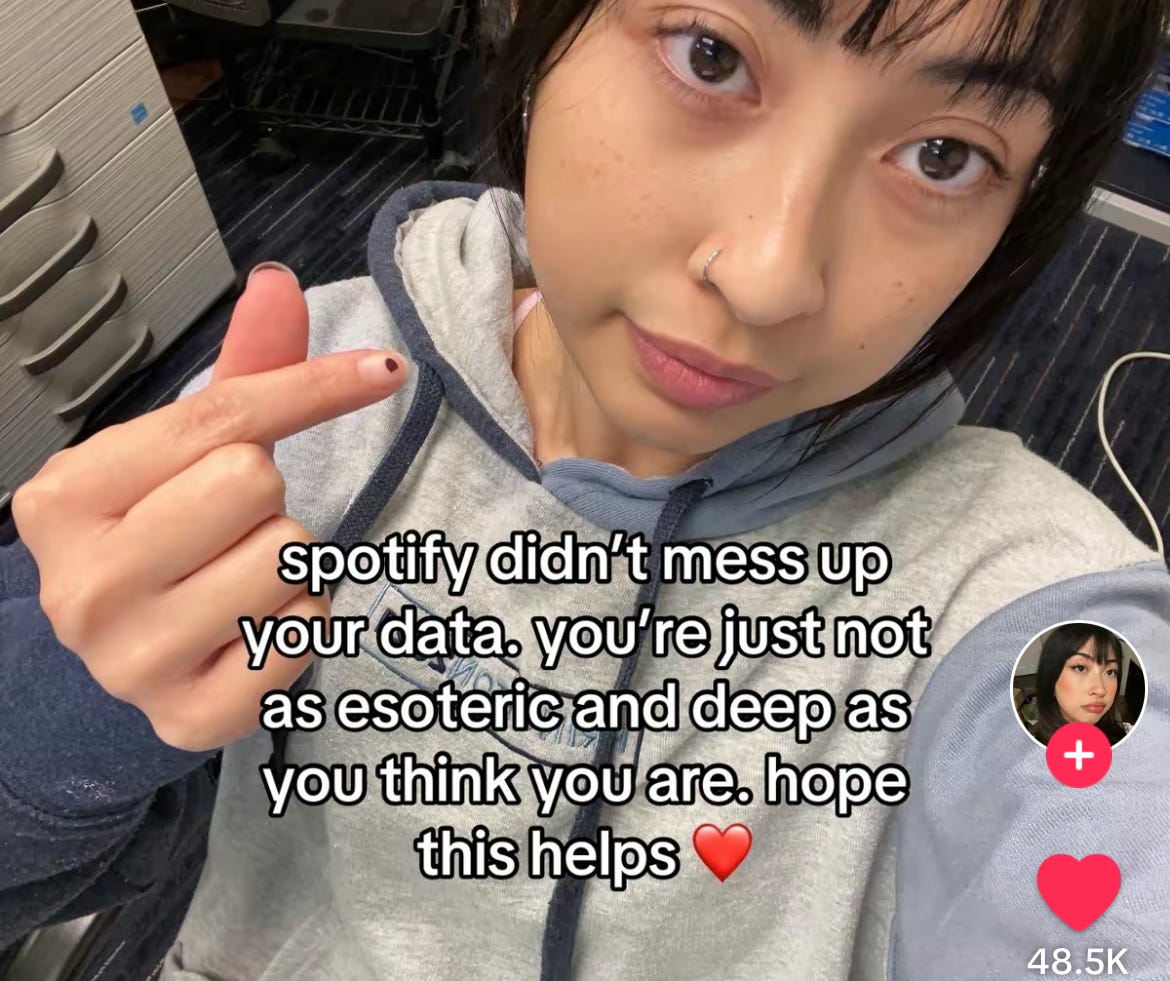
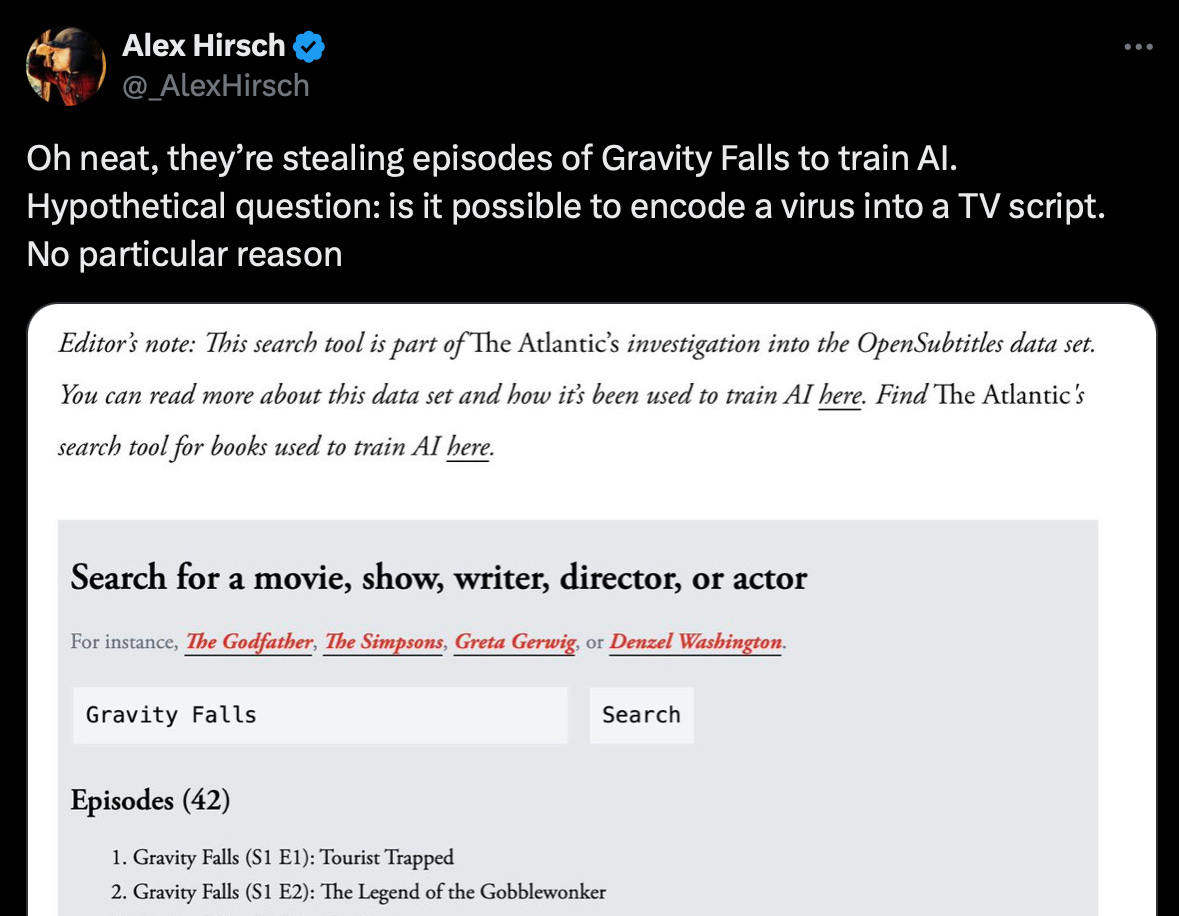
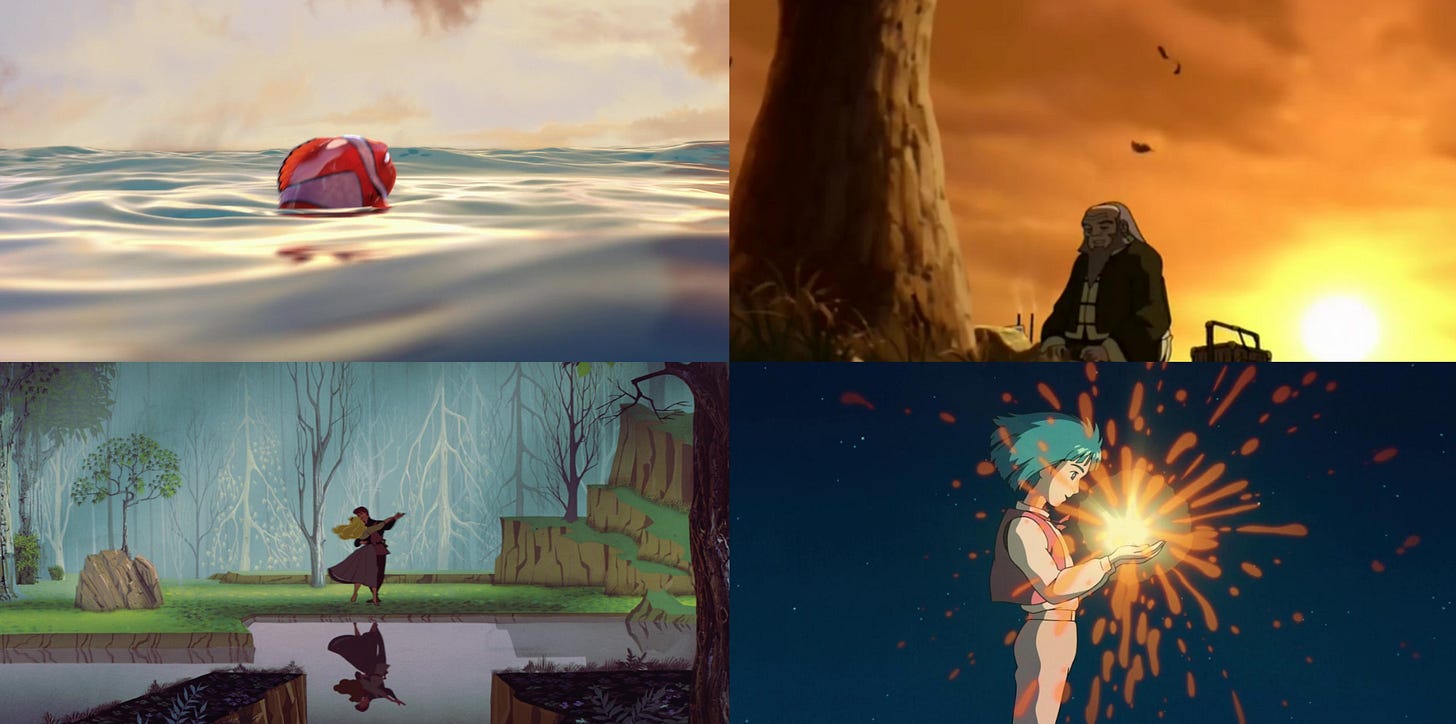
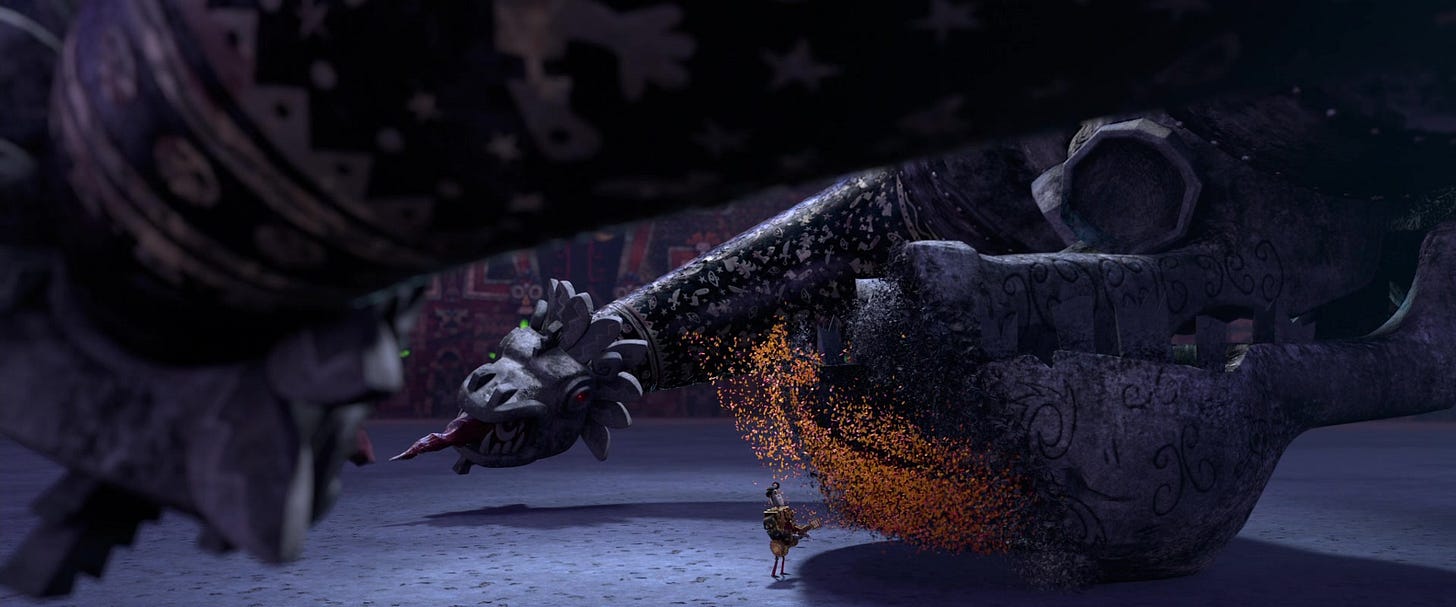
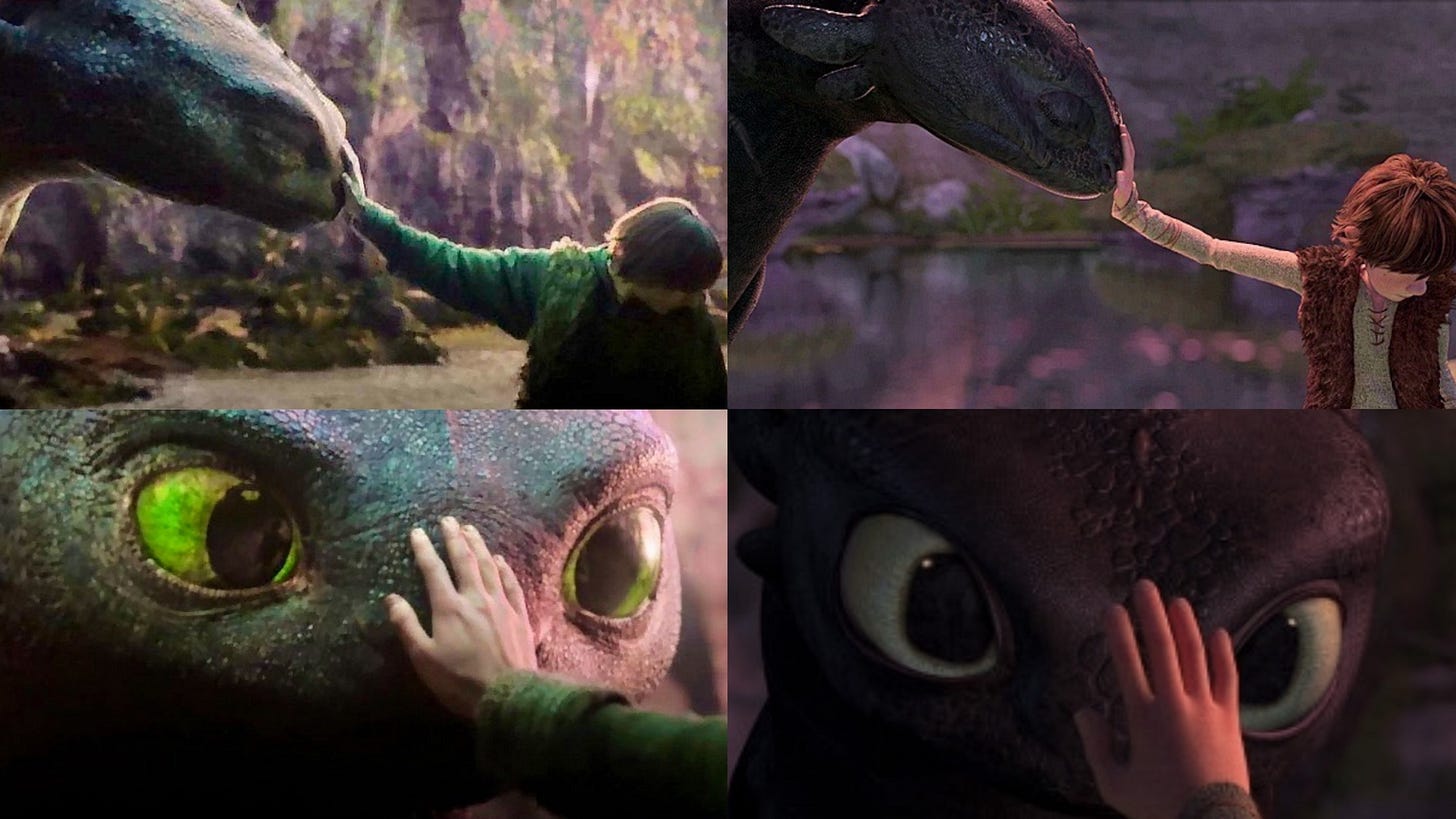
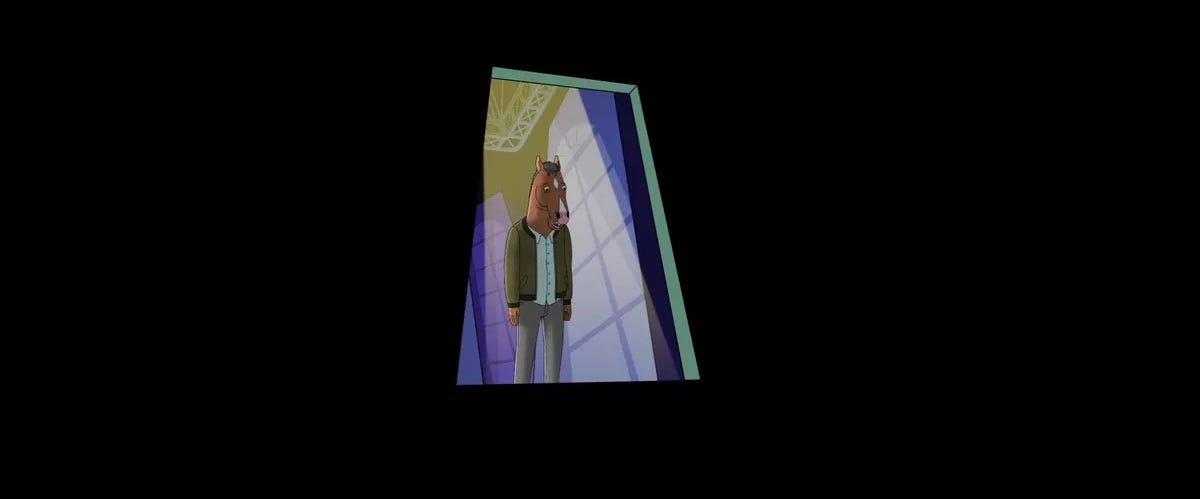
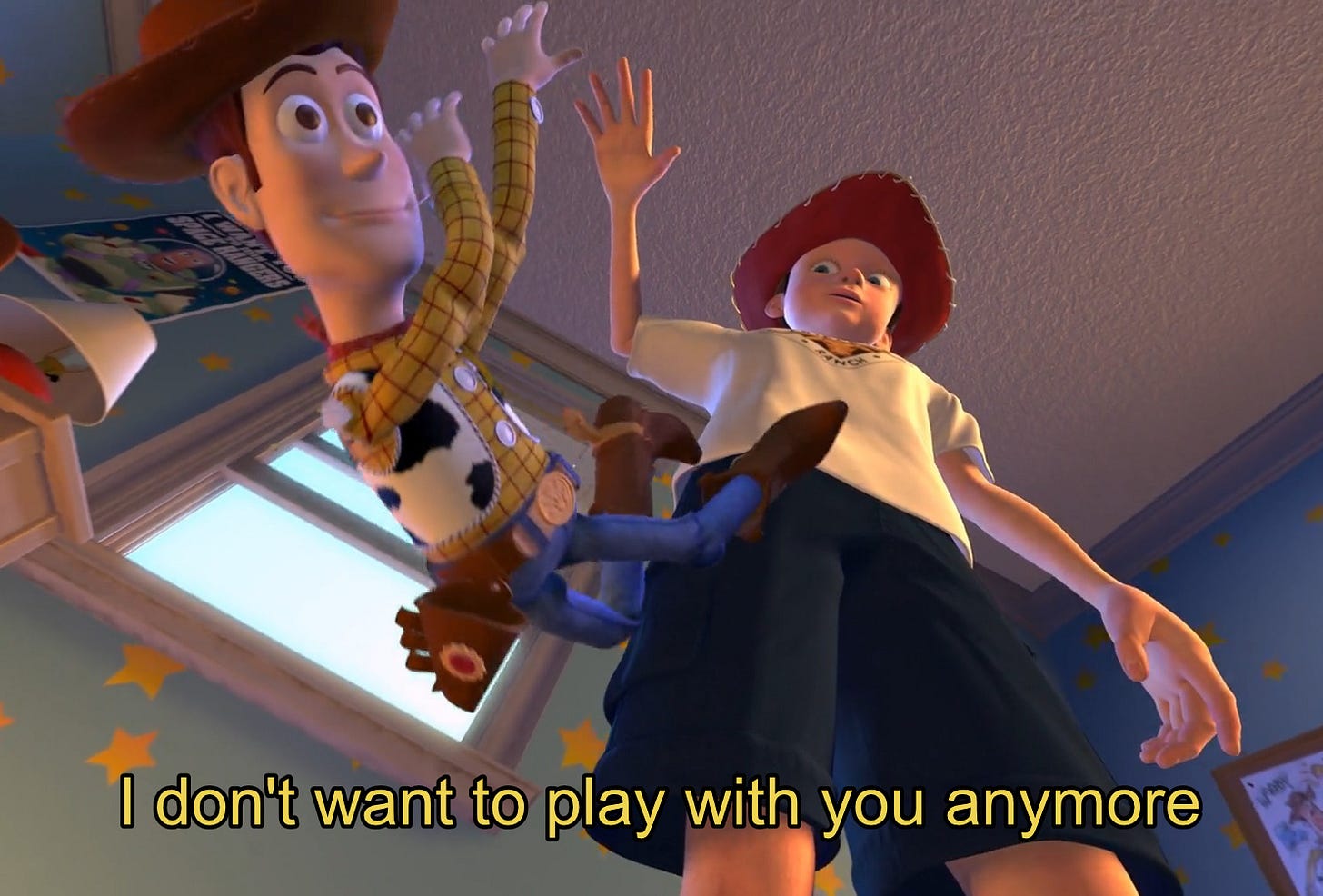
this essay means so much to me as a filmmaker and amateur stop-motion animator 🥹💘